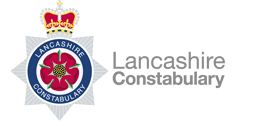Preparing Your Community
What do we mean by Community Resilience?
Emergencies happen. Local emergency responders will always have to prioritise those in greatest need during an emergency, especially where life is in danger. There will be times when you may be affected by an emergency but your life is not in immediate danger. During this time, you need to know how to help yourself and those around you. By becoming more resilient, you and your community can complement the work of local emergency responders and reduce the impact of an emergency on your community both in the short and long term.
Your community will be better prepared to cope during and after an emergency when everyone works together using their local knowledge. Things like understanding what requirements most-at-need groups may have in an emergency can make a real difference. Identifying and planning for the risks you may encounter during a severe flood, heat-wave or snowfall could help in reducing the potential impact on you, your family and the wider community.
Being prepared and able to respond to an emergency can often help people recover more quickly.
It is clear that for some major incidents the emergency services may not be at the scene for a period of time, plus if it is a widespread incident then their resources may be stretched and not able to get to all communities as quickly as may be wished.
As a result communities are encouraged to have a local plan to help them support their own community during an emergency. Communities could be based on town or parish geographic areas or smaller areas if it is felt it is needed due to a specific risk.
So,
• How can you help yourself and those around you during an emergency?
• What can you do to get involved in emergency planning in your community?
Remember:
This isn't about doing the job of the emergency services, it's about complementing and supporting their work to increase the resilience of your community.


